Even if we exercise and follow a healthy diet, most of us could sleep better. A lot better. We’d kill for just one night of good sleep. But we’re tossing and turning instead, stressing about work and scrolling through our Facebook feeds in the wee hours.
The culprit responsible for so much of the exhaustion: a broken circadian rhythm. Once you understand how it works and the importance of light exposure, you can take action to sleep better and wake up more energetic than ever.
What Is Your Circadian Rhythm?
Most of us have heard the term “circadian rhythm.” We know it has something to do with sleep, but we might not be sure exactly what.
It’s complicated; scientists still don’t fully understand the nuances of how everything works. In the simplest terms, your circadian rhythm acts as your body’s internal clock. This clock tells you when it’s time to wake up and feel alert, or relax and prepare for sleep.
Your internal clock is actually a group of nerve cells located in the hypothalamus. These nerve cells are called the suprachiasmatic nucleus (SCN), and control the timing of your sleep-wake cycle (1).
Several biological mechanisms work together to alert the body that it’s time to wake up or start winding down, secreting the hormone melatonin when it’s time to rest and blocking production when it’s time to be alert (2). [tweet_quote]Your internal clock is real! A group of nerve cells in the hypothalamus controls your sleep-wake cycle.[/tweet_quote]
Light plays a key role here. Photoreceptors in the retinas receive information about how much light is around. That information is then transmitted to multiple parts of the brain (including the pineal gland) responsible for secreting melatonin (3).
When your circadian rhythm works properly, you wake up when you need to with plenty of energy. If something goes wrong, you end up with restless nights, fatigue, or maybe even insomnia or another serious health issue. More on those in just a second.
Multiple factors affect circadian rhythm function. It comes down to a combination of:
- External cues: Light exposure, body temperature
- Internal cues: Hormones, neurotransmitters, genetics
- Behavior: Activity levels, stress management (4)
The foundations of a Paleo lifestyle (eating well, physical activity, and managing stress) will help prime your behavior and internal cues for better sleep. But you can’t afford to overlook light exposure, which we’ll focus on in this post.
Modern Life: A Circadian Nightmare
Evolution wired us to be awake and alert when it’s light out, and start to get sleepy after sunset. For practically all of our existence (until the last few centuries), we lived and worked – and slept – closely aligned with that pattern.
But the way we live today looks nothing like that.
It all started with electric lighting and exploded from there. Now, practically everything in modern society – things like night shifts, light pollution, screen time and international flights – encourages us to create our own daylight and disrupt the natural pattern at will.
Bright lights from TV screens, computers, and other electronic devices trick our bodies into thinking it’s still daytime. So your body doesn’t secrete the melatonin needed to fall asleep. Your internal clock suffers. [tweet_quote]Do you use electronics at night? Bright screens trick your body into thinking its daytime.[/tweet_quote]
Ideally, we’d rise with the sun and wind down when it got dark, going to bed shortly after and waking up around dawn. But, for many of us, once we factor in the reality of work and other obligations, that becomes impractical.
Even if you’re disciplined about limiting your light exposure after sunset, avoiding it completely is sometimes impossible. Or you might have the opposite problem. You might live somewhere where you get to work before sunrise, stay in a dark office all day, and don’t leave until after the sun goes down!
The end result: an unstable circadian rhythm.
Why a Disrupted Circadian Rhythm Is So Dangerous
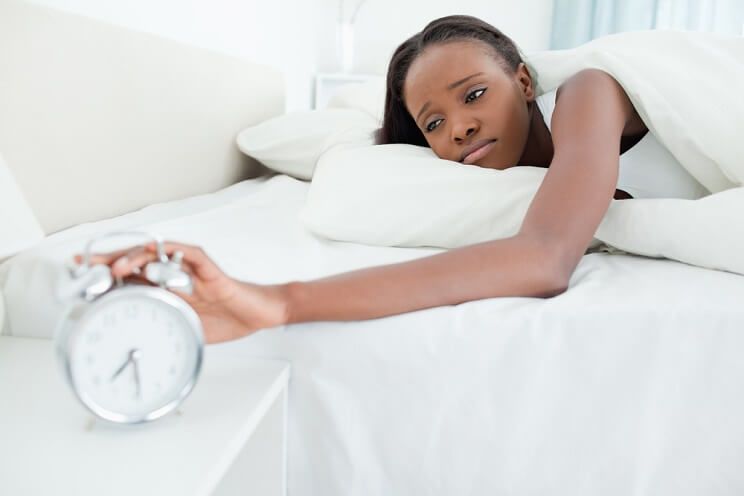
- Advanced sleep phase disorder: A condition that causes you to fall asleep very early (between six and nine p.m.) and wake up in the middle of the night (5).
- Delayed sleep phase disorder: A condition that keeps you awake hours after you want to go to bed and makes it incredibly difficult to wake up in the morning (6).
- Greater risk of depression (7).
- Greater risk of obesity: Sleep deprivation increases insulin resistance and cortisol, and affects various hormones associated with hunger and appetite (8).
- Physiological and psychological symptoms of stress: Less sleep equals more of the stress hormone cortisol (9).
- Potentially greater risk for mental conditions like Alzheimer’s (10).
There’s also something else to think about: money. Being so sleepy at work every day that you can barely function is not exactly the fast track to productivity. The quality of your work – and your chances of getting a raise or promotion – might suffer.
How to Reboot Your Circadian Rhythm
Waking up exhausted every day is torture. The good news is there are plenty of things you can do to reboot your circadian rhythm naturally and get better sleep .
Minimize Screen Time at Night
All those screens before bed might be ruining your sleep.
In a fascinating study published in the journal Applied Ergonomics, researchers from Rensselaer Polytechnic Institute tested melatonin levels on participants after they used an iPad for two hours before bed.
Each participant ran through the study in three different scenarios: 1) tablets set at the highest brightness; 2) tablets set at a moderate brightness; and 3) tablets viewed through orange-tinted glasses (the control). The researchers found a significant suppression in melatonin secretion that lasted for several hours in both the first and second scenarios (11).
The brightness of the screen, exposure time, and the wavelength (blue light is especially harmful) all have an effect. The ideal solution is to stay away from screens completely for a few hours before bed. But if you keep using them, limit your exposure time and make sure the screen isn’t too bright. [tweet_quote]Limit your exposure to screens a few hours before bed. Blue light is especially harmful![/tweet_quote]
Fortunately, some device manufacturers are catching on to the dangers of blue light and now offer options to limit it before bed. Check out the nighttime modes on your iPhone and Kindle. You can also download the free program f.lux to remove blue light from your computer display.
If you live in a city or somewhere with a lot of light pollution, consider investing in blackout curtains. They’ll keep your bedroom nice and dark to boost melatonin production.
Practice Bright Light Therapy
Your circadian rhythm registers the amount of light in your immediate surroundings to figure out where you are in the sleep-wake cycle. So if you have to wake up before the sun regularly, you’re going to have a heck of a time doing it. Even if you slept long enough.
Just like you can minimize light exposure at night to promote sleep, in the mornings you can do the opposite. Intentionally exposing yourself to bright light can help you feel more energetic and alert.
A study published in the journal PLOS One compared the effects of blue light and caffeine on participants’ alertness and cognitive function. The researchers found that both blue light and caffeine improved accuracy in a visual reaction test. Blue light performed better than caffeine when the researchers introduced congruent and incongruent distractions to the test (12). [tweet_quote]Up your exposure to bright lights in the morning. Blue light can help you become as alert as coffee![/tweet_quote]
This means we can use modern technology to our advantage. A little Candy Crush on the train to work might not be such a bad idea! You could also invest in a wake-up light designed to gradually brighten the room before you plan to get up.
And don’t forget the “low-tech” options either. Open the curtains as soon as you get out of bed. Fill the bathroom with bright lights while you get ready. Better yet: wake up a few minutes early and take a short walk.
If you’re dragging in the afternoon, get out if you can and soak up some sun.
Get Outside and Camp
What better way to reboot your circadian rhythm than take a cue from our Paleo ancestors?
Camping for a few nights – far away from artificial light sources – can help. University of Colorado researchers ran a few experiments and published the findings in the journal Current Biology.
In the first experiment, they compared the sleep quantity and melatonin secretion of nine people who went on a weekend summer camping trip with five people who stayed at home. They found that the campers fell asleep significantly earlier – up to 1.8 hours earlier – and woke up earlier than the non-campers. The campers shifted their circadian rhythm in a matter of two nights just by avoiding artificial light sources (13).
The results were even more dramatic in the second experiment – a week-long camping trip overlapping the winter solstice. There, campers started to secrete melatonin a full 2.5 hours earlier than before they left.
Camping is fun, relaxing, and a great way to appreciate nature. At the very least, consider scheduling an electronics getaway to chill out and reset your internal clock.
Fast
Scientists are still working hard to unravel the complexity that is sleep and circadian rhythms. Light exposure is certainly a key player. But a group of researchers from Harvard University pinpointed another factor: eating time.
In a study published in the journal Science, researchers discovered a food-related internal clock that can, in certain situations, trump the light-based clock within the suprachiasmatic nucleus (SCN) (14).
Researchers experimented on mice by altering their feeding periods and studying the effect on circadian rhythm. They discovered that the mice could adapt their circadian rhythms to avoid starvation. The “food clock” could override other factors (like light exposure) to keep the mice awake during times when they were most likely to find food.
The researchers found that just a single fasting cycle before eating reset the internal clock.
You can try this experiment on yourself. If you’ve been exhausted lately and think your circadian rhythm is off, fast for about 16 hours before the time when you want to wake up each morning. Then eat a healthy breakfast and carry on with your day.
This could also work on long international flights with huge time zone differences. If you’re flying halfway around the world, try fasting and eating right when you get there to recover faster from jet lag (15).
The study focused on mice, but because all mammals have similar circadian clocks, the results could very well reveal the process taking place in human brains after a fasting period.
Get Back to the Basics
Besides trying the tips above, you can set yourself up for better sleep by remembering the basics.
Here’s how you can lay a healthy foundation:
- Avoid caffeine after noon. You might not feel it, but it can still disrupt your sleep up to six hours after you ingest it (16).
- Eat a balanced diet of high-quality produce, meat, nuts and seeds.
- Get some structure. Try going to bed and waking up at the same time, even on weekends, if you’re struggling to reboot your circadian rhythm.
- Proactively manage your stress.
- Start a relaxing bedtime routine. Try to wind down the same way every night. A warm shower, cup of tea, and a fiction book do it for me. This sends an important psychological cue to your body that it’s time to sleep.
The Path to Better Sleep
With all the trappings of modern life – insane work schedules, electronics everywhere you look, and marathon international flights – it’s easier than ever for your sleep to get disrupted.
But if you’re exhausted and stressed out, there’s a solution. It starts with respecting your circadian rhythm. Then you can use the tips above to give it a reboot. Don’t spend another second settling for inadequate, low-quality sleep.
Have you ever struggled to sleep enough or felt tired all the time? If so, what did you try to start sleeping better? What worked and what didn’t? Leave a comment below and let us know!
(Read This Next: What to Do If You Have Seasonal Affective Disorder)


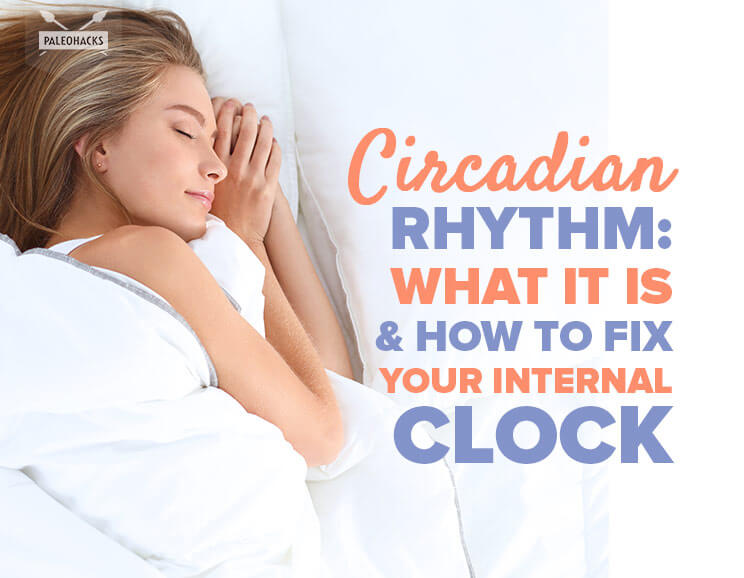
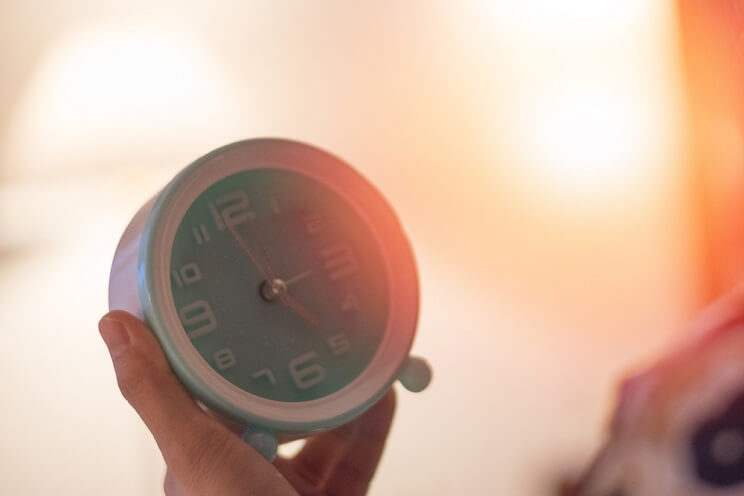
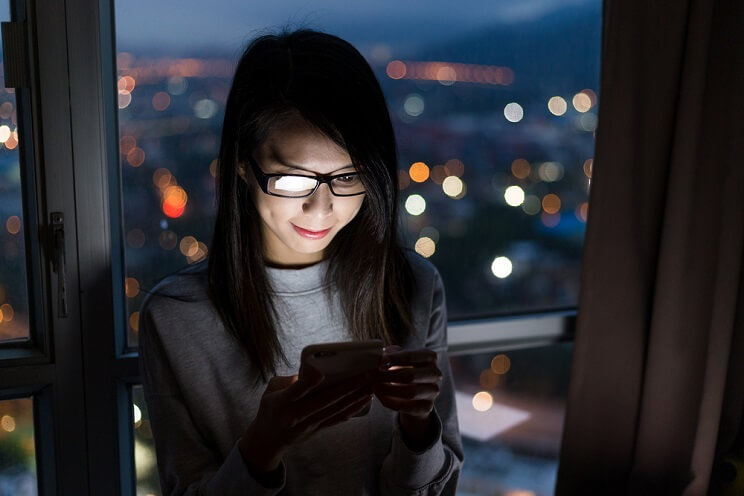
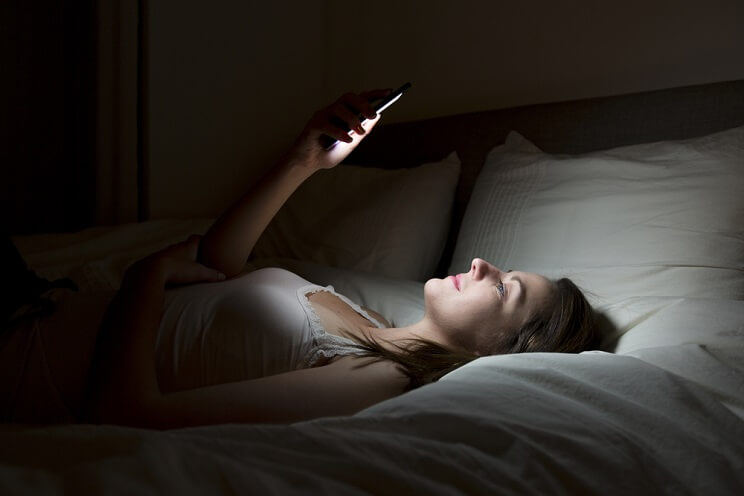
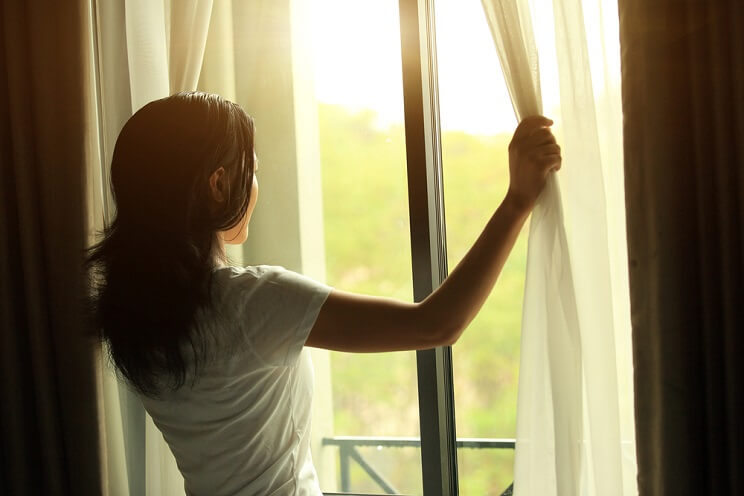
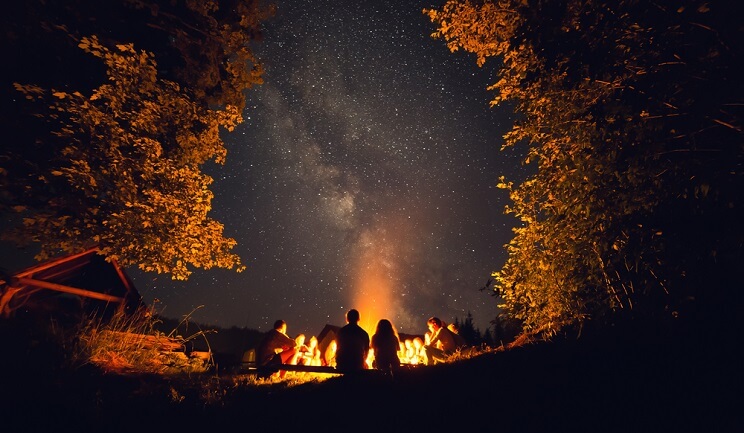



 PCOS: Signs, Symptoms and Natural Therapies
PCOS: Signs, Symptoms and Natural Therapies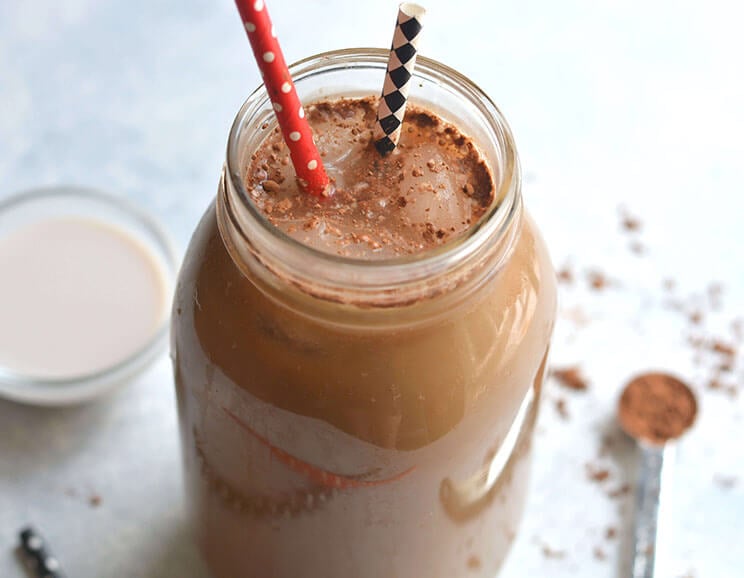
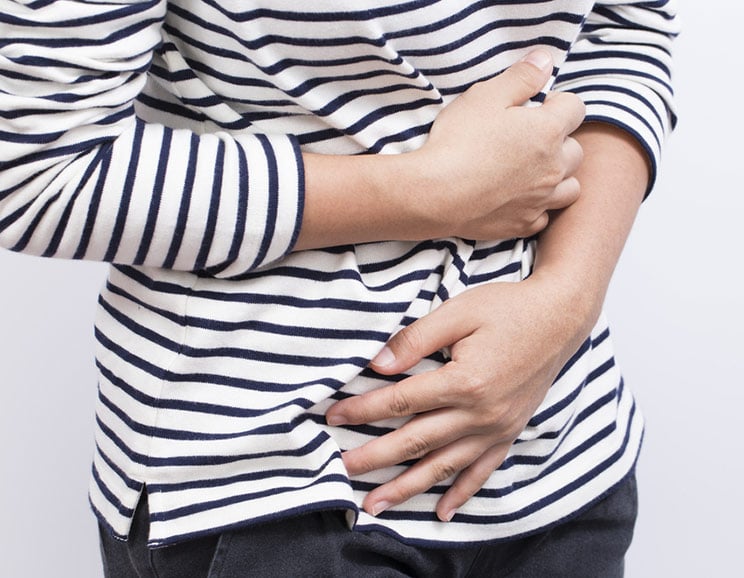
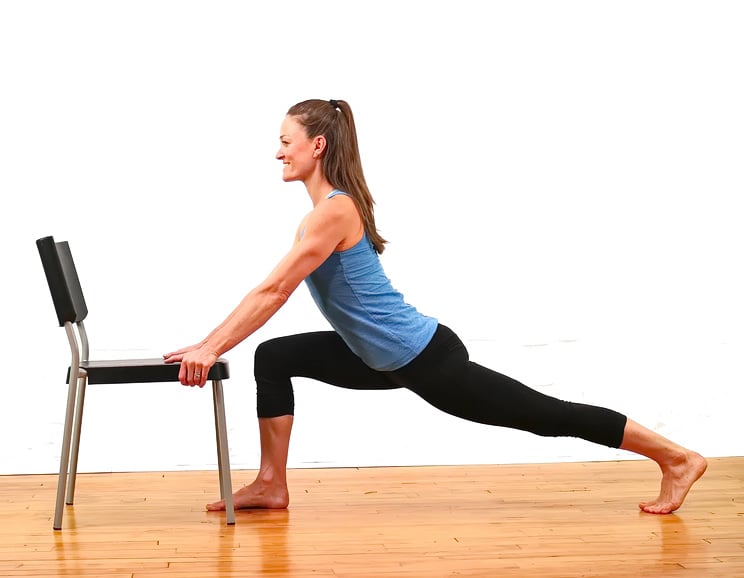
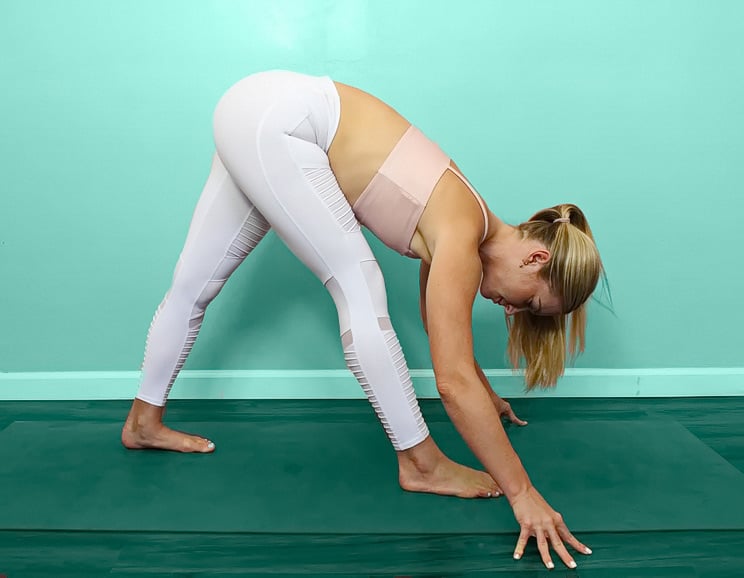
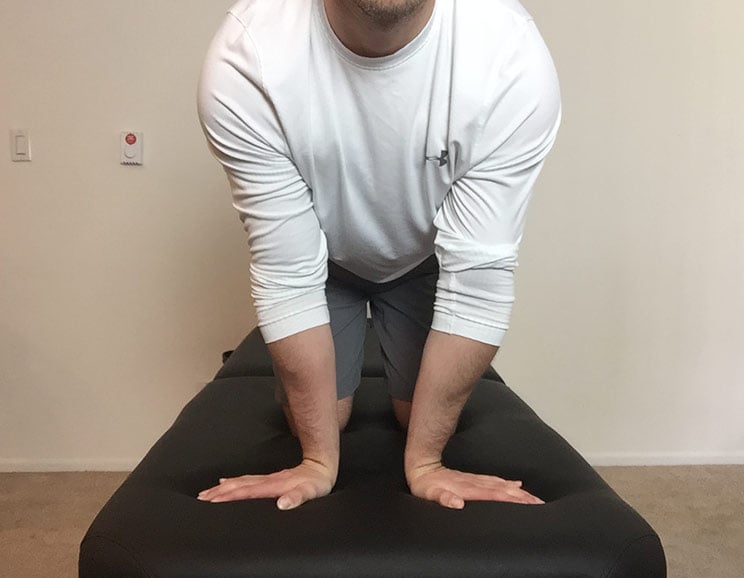
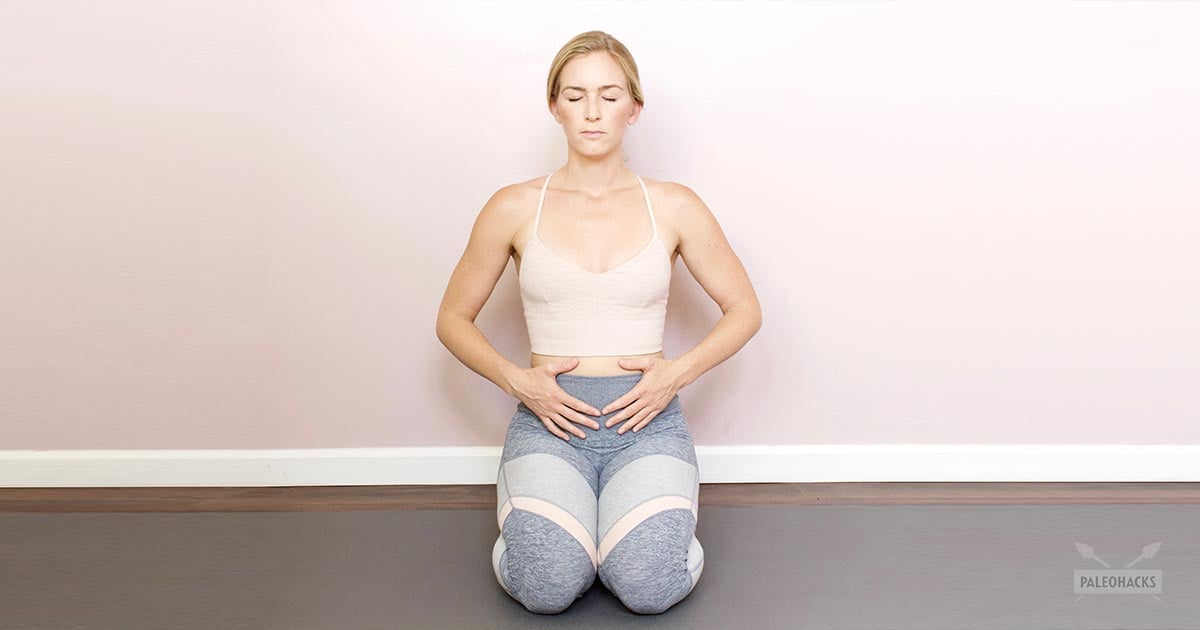

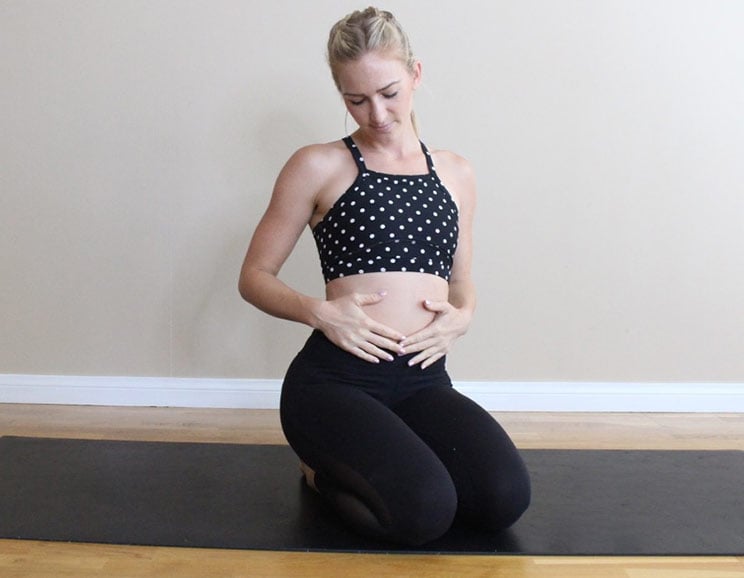
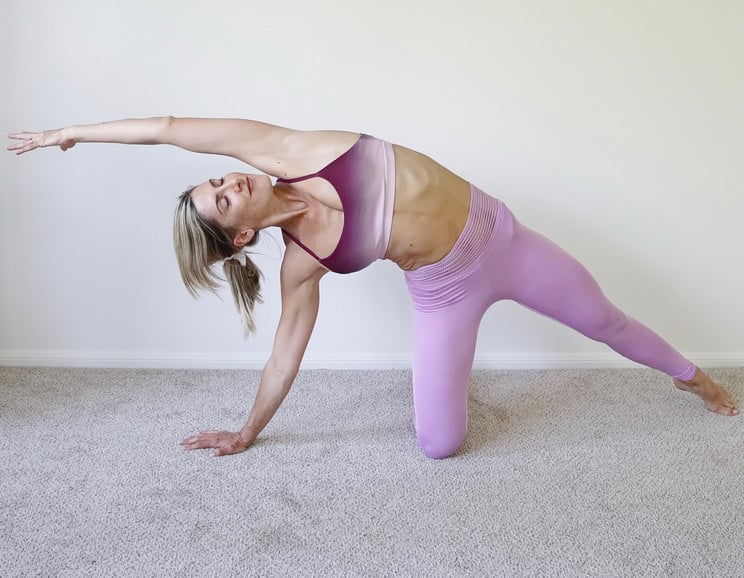
Show Comments